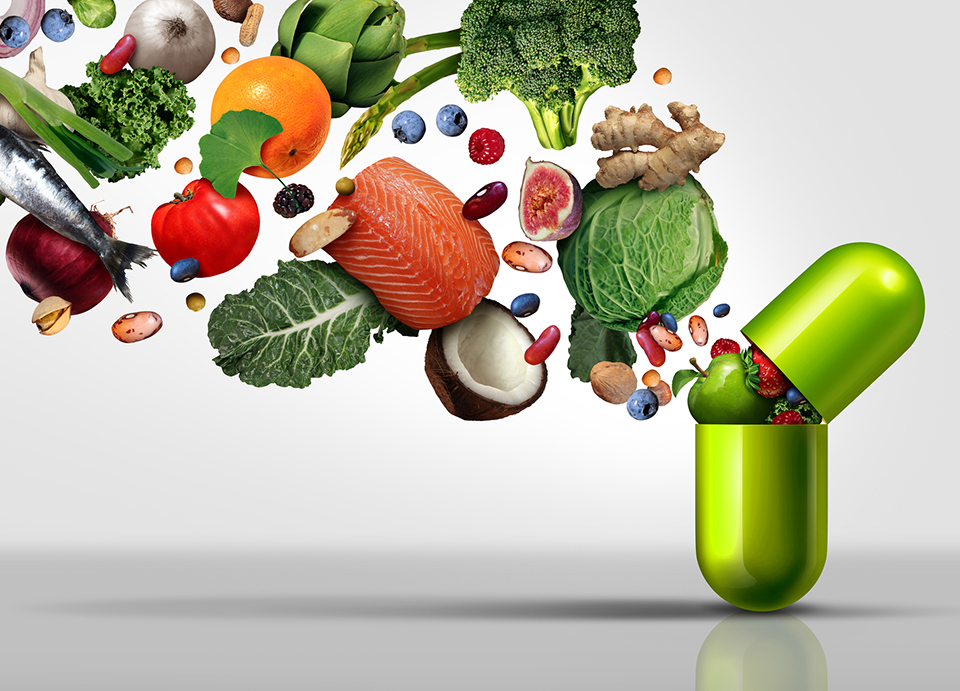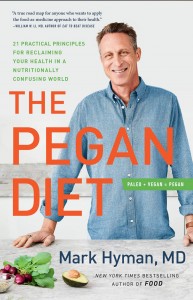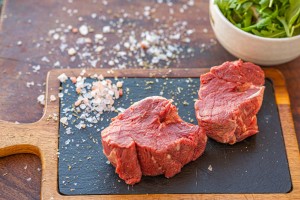The Pegan Diet Is a Menu for Aging Better


 Functional medicine practitioner Mark Hyman, M.D., dedicates his new book, The Pegan Diet: 21 Practical Principles for Reclaiming Your Health in a Nutritionally Confusing World, to “the confused eater committed to better human and planetary health.” We are all probably a bit confused about what to eat to stay healthy these days. Nutritional advice is, at best, conflicting, and at worst, confusing. Dr. Hyman attempts to cut through the clutter with his “un-diet—a simple set of principles blending science and common sense into guidelines promoting health, weight loss, and longevity that can easily be adapted to any philosophical or cultural preferences.”
Functional medicine practitioner Mark Hyman, M.D., dedicates his new book, The Pegan Diet: 21 Practical Principles for Reclaiming Your Health in a Nutritionally Confusing World, to “the confused eater committed to better human and planetary health.” We are all probably a bit confused about what to eat to stay healthy these days. Nutritional advice is, at best, conflicting, and at worst, confusing. Dr. Hyman attempts to cut through the clutter with his “un-diet—a simple set of principles blending science and common sense into guidelines promoting health, weight loss, and longevity that can easily be adapted to any philosophical or cultural preferences.”
The term “pegan” is a blend of vegan and paleo because Hyman believes that these diets have more in common with each other than with the Standard American Diet. “Both promote a plant-rich whole foods diet; a diet low in starch and sugar, processed food, additives, hormones, antibiotics, GMOs; and . . a diet rich in good fats,” he writes. “They both even eschew dairy.”
Dr. Hyman combines the more meat-centric diet of our ancestors with plant-based eating. To follow a pegan diet, 75% of your plate should be filled with plant-based foods and the other 25% with lean, sustainably raised meats. According to Dr. Hyman, eating this way can reduce the risk of chronic disease, curb inflammation, and promote general health.
Food Is Medicine
Dr. Hyman’s first foundation is that food is medicine with the power to heal or to harm, depending on what you put in your body. “Food is far more than just calories or energy to fuel our bodies,” he writes. “It is information, instructions that regulate every function of our bodies.” He goes on to explain, “There are 25,000-plus phytochemicals in the plant kingdom identified to date, and they’ve only recently been deemed critical for health.”
The best news of all is that “real, whole nutrient and phytonutrient-rich food . . . turns off inflammation, increases antioxidant systems, balances hormones and brain chemistry, boosts detoxification, increases energy, optimizes your microbiome, and turns on disease-preventing, health-promoting genes.”
He lists 21 principles to follow to achieve optimal health. These include:
- Principle 1: Use Food as your Farmacy – Every level of your health is impacted by what you eat
- Principle 2: Eat the Rainbow – Plant foods are nutrient-dense
- Principle 7: Have Fats with Every Meal – Fat won’t make you fat, unless you eat it with starch and sugar like most Americans
- Principle 8: Avoid Dairy (Mostly) – Dairy is not an essential food group
- Principle 10: Treat Sugar Like a Recreational Drug – The dose makes the poison
What Can You Eat?
Unlike some diets, peganism doesn’t have any rules for exactly what to eat for breakfast, lunch, and dinner. Rather, it provides a general outline of dietary advice based on a number of basic principles.

The top tenets of a Pegan diet include:
- Choosing foods with a low glycemic load.
- Eating lots of fruits, vegetables, nuts, and seeds (about three-quarters/75% of your daily intake).
- Choosing grass-fed or sustainably raised meats when/if you do eat meat.
- Avoiding chemicals, additives, pesticides, and GMOs.
- Getting plenty of healthy fats like omega-3s and unsaturated fat at every meal.
- Eating organically and locally.
- Eating a handful or two of nuts and seeds every day is great.
- Sticking with low-mercury fish, three times a week.
- Not consuming high-fructose corn syrup, ever.

Dr. Hyman’s book includes recipes and charts on which fruits, vegetables, proteins, dairy products, grains, oil, and sweeteners to buy. He writes, “Setting yourself up for success involves incorporating the right habits, getting the family involved, and learning to cook, which I promise can become anyone’s favorite activity.”
Packed with practical tips and advice, The Pegan Diet offers a balanced and easy-to-follow approach to eating that will help you get, and stay, fit, healthy, focused, and happy—for life.